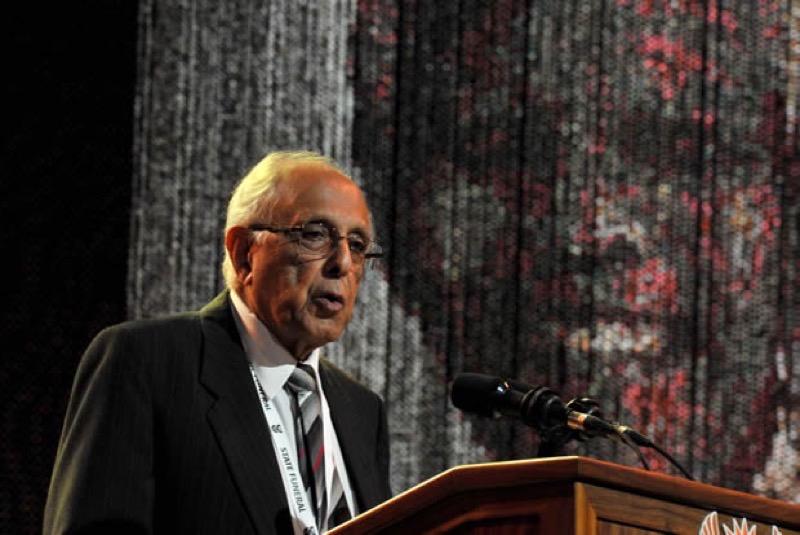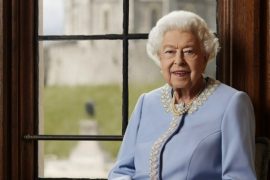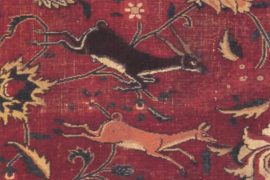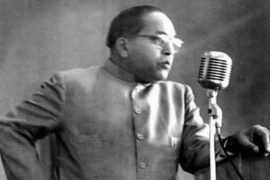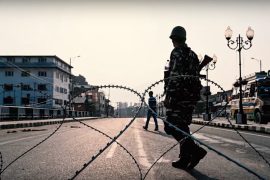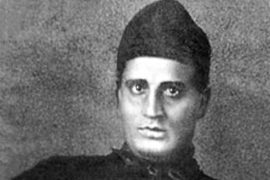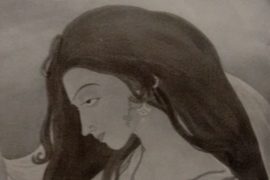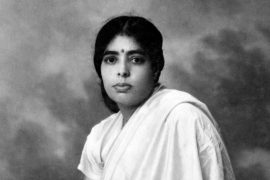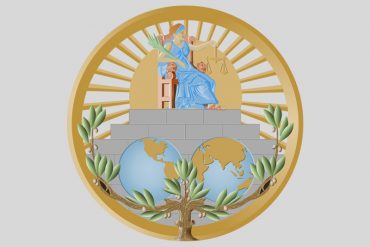Mandela’s fight against Apartheid in South Africa earned him the Nobel Peace Prize in 1993. His fight for equality fetched him worldwide fame and acclaim. However, not many know about Ahmed Kathrada or ‘Uncle Kathy.’ Kathrada dedicated his life to the fight against racism and the Apartheid government of South Africa alongside Mandela.
In 1964, Mandela was charged with an attempt to overthrow the government and sentenced to life in prison. Kathrada shared the same fate. With six others, the two pioneers of anti-apartheid activism were detained and kept in isolation at the Robben Island Maximum Security Prison. While this was the longest time served in prison, it wasn’t the first time the Apartheid government felt threatened by Kathrada’s influence.
Kathrada’s political activism started in 1941 when he was just twelve. Influenced by anti-apartheid activists Dr Yusuf Dadoo and the Cachalia brothers, Kathy joined the Young Communist League. The young Kathrada would pass leaflets by the street corner promoting the league.
During World War II, he joined the Communist Party of South Africa and campaigned against the War on the Non-European Front. At Seventeen, Kathrada decided to quit school and pay full attention to activism. Soon, he joined the Transvaal Passive Resistance Council.
The government had passed the Asiatic Land Tenure and Indian Representation Act, also referred to as the ‘Ghetto Act,’ a racist legislation which limited the political representation of Indians and segregated them by assigning areas of their residence and trade.
In 1946, when the South African Indian Congress (SAIC) launched a passive resistance movement against the government, Kathrada was imprisoned for civil disobedience. It was the first of many times in jail during his battle against racism and inequality in South Africa.
In the following years, Kathrada co-founded the Transvaal Indian Volunteer Corps and the Transvaal Indian Youth Congress. As the chairperson of the latter, Kathrada travelled across Europe. His visit to the concentration camps at Auschwitz made him think of the importance and urgency of eradicating racism in South Africa.
Kathrada met members of the African National Congress (ANC), including Mandela and Walter Sisulu, during the 1940s. However, in 1947 a pact between the ANC and SAIC brought the leaders closer, allying on similar motives to fight against Apartheid. And ‘Uncle Kathy’ played a major role in the joint actions of the Africans, Indians, and other Congress members.
In 1952, with Kathrada’s help, the ANC and SAIC launched a ‘Campaign of Defiance against Unjust laws,’ which resisted several unjust laws of the Apartheid government. For organising the resistance, Kathrada was sentenced with an order of suspension. And in 1954, the government banned him from attending gatherings or participating in organisations. However Kathrada defied the orders and he was often jailed for it.
When his ‘Congress of the People’ proclaimed the ‘Freedom Charter,’ Kathrada and 156 activists of his group were charged with high treason. The trial for the charges lasted four years between 1957 to 1961. All activists were acquitted, and Kathrada, Mandela, and Sisulu were amongst the thirty members to walk free.
In 1962, when the government put Kathrada on house arrest, he went underground. He would conduct secret meetings at the covert headquarters of the ANC.
In 1963, the police raided the ANC headquarters in Rivonia. They detained all the “banned” leaders in the meeting, leading to the Trial of Rivonia, where Kathrada, along with Mandela, Sisulu and five other leaders, was sentenced to prison with hard labour.
Kathrada was 34 when he was sent to the infamous Robben Island. He spent eighteen years there as prisoner number 468/64. During his sentence, the ANC conferred him with the Isitwalandwe Award, the “highest possible accolade.”
“Kathy was a tower of strength and a source of inspiration to many prisoners, both young and old,” Walter Sisulu would write about him. While serving his sentence, Kathrada became the first prisoner on the Island to obtain a degree. He pursued a B.A. in History and Criminology, then a B.Bibliography in Library Science and African Politics, and two more B.A. (Honours) degrees from the University of South Africa in African politics and History.
In October 1982, Kathrada was transferred to Pollsmoor Maximum Security Prison in Cape Town. He spent seven more years there before being released at the age of sixty. When he was released, over 5,000 people received him in Soweto.
Even after many years in prison, Ahmed Kathrada, or “Uncle Kathy,” was not angry with life. He was a warm and gentle soul who remained an unassuming man.
After 36 years and three months, he came back to people who saw him as a hero. During South Africa’s first democratic elections, Kathy became an elected member of Parliament. He remained active in politics and served as the political advisor of Nelson Mandela as the president.
“Ahmed Kathrada was one of those leaders. A man of remarkable gentleness, modesty and steadfastness,” South Africa’s Nobel Peace Laureate, Archbishop Desmond Tutu, told BBC.
In 2017, Kathrada passed away due to blood clots in his brain. With the death of Ahmed Kathrada, a generation of anti-apartheid heroes, who gave up most of their adult lives to liberate black people from the yoke of white minority rule, was gone.
Ahmed Kathrada led a life of purpose. His fight against racial injustice stands testimony to his courage and sacrifice.
-30-
Copyright©Madras Courier, All Rights Reserved. You may share using our article tools. Please don't cut articles from madrascourier.com and redistribute by email, post to the web, mobile phone or social media.Please send in your feed back and comments to [email protected]

